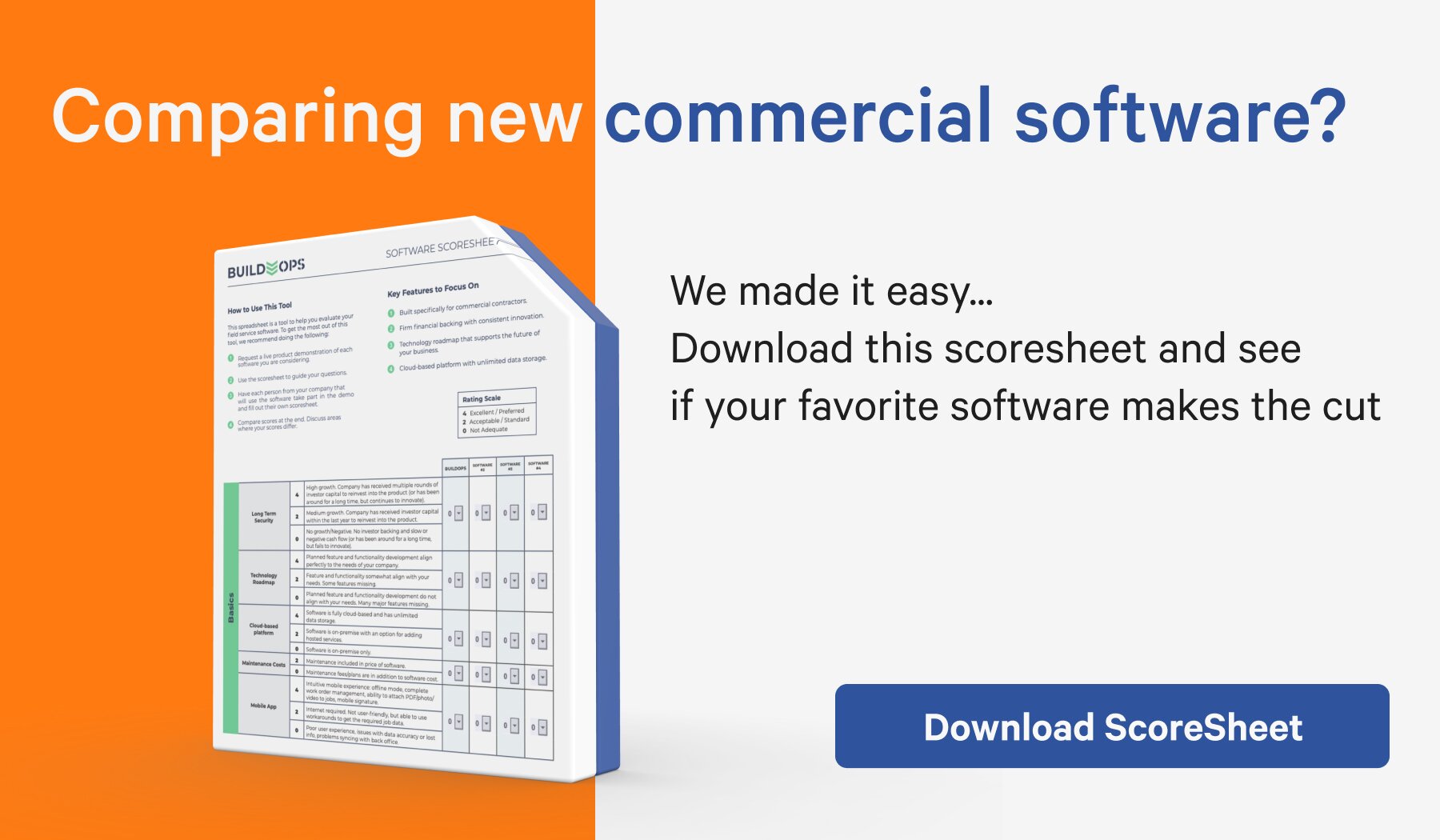Having a content management software, no matter the type of business, is imperative in today’s digital age. Content management software, also known as CMS, is a computer application that allows businesses to create, manage, and publish digital content such as text, images, videos, and documents.
First and foremost, CMS makes the management of content seamless and efficient. Instead of manually creating and updating content on a website or social media platform, CMS allows businesses to easily input and edit their content through a user-friendly interface. This not only saves time and effort but also ensures consistency in content across all channels.
In addition, CMS provides a central database where all content is stored, making it easily accessible and searchable. This enables businesses to efficiently organize and categorize their content, making it easier to find and reuse in the future. This also helps to eliminate duplicated or outdated content, ensuring that only accurate and relevant information is published for consumers.
Another benefit of CMS is the ability to customize and personalize content. With the use of templates and themes, businesses can easily create visually appealing content that is in line with their brand image. Moreover, CMS allows for the integration of multimedia elements, making content more engaging and interactive for consumers.
CMS also offers collaborative features, allowing multiple users to work on and contribute to content simultaneously. This fosters better teamwork and communication among employees, ensuring that all aspects of content are thoroughly checked and approved before publishing.
Furthermore, CMS provides metrics and analytics to track the performance and engagement of content. This information can be used to make data-driven decisions for future content strategies, ultimately improving the effectiveness of marketing efforts.
In conclusion, content management software is an essential tool for businesses to effectively manage their digital content. From creating and organizing to analyzing and improving, CMS streamlines the content management process, making it a valuable asset for any business in today’s highly digitized world.
Why Content Management Software is Essential for Businesses
Content management software, or CMS, is an essential tool for businesses in today’s digital age. It is a computer application that allows businesses to create, manage, and publish digital content such as text, images, videos, and documents. Here are some reasons why CMS is crucial for businesses.
Firstly, CMS streamlines the management of content, making it easy and efficient. Instead of manually creating and updating content, businesses can use a user-friendly interface to input and edit content. This saves time and effort and ensures consistency in content across all channels.
CMS also provides a central database for storing and organizing content. This makes it easily accessible and searchable, eliminating duplicated or outdated content. This ensures that only accurate and relevant information is published for consumers.
Furthermore, CMS allows for customization and personalization of content. With the use of templates and themes, businesses can create visually appealing content that aligns with their brand image. Plus, multimedia elements can be integrated, making content more engaging and interactive for consumers.
Moreover, CMS promotes collaboration among employees. Multiple users can work on and contribute to content simultaneously, promoting teamwork and communication. This ensures that all aspects of content are thoroughly checked and approved before publishing.
Additionally, CMS provides metrics and analytics to track content performance and engagement. This data can be used to make data-driven decisions for future content strategies, helping to improve the effectiveness of marketing efforts.
The Benefits of Using Content Management Software
Content management software, also known as CMS, provides countless benefits for businesses of all sizes. This computer application allows businesses to create, manage, and publish digital content such as text, images, videos, and documents. Here are some of the key benefits of using CMS.
Firstly, CMS makes content management seamless and efficient. Instead of manually creating and updating content, businesses can use a user-friendly interface to input and edit content. This not only saves time and effort but also ensures consistency in content across all channels.
Another benefit of CMS is its ability to centralize content. This means that all content is stored in one place, making it easily accessible and searchable. This streamlines the organization of content and eliminates duplicated or outdated content, ensuring that only accurate and relevant information is published.
CMS also allows for the customization and personalization of content. With the use of templates and themes, businesses can create visually appealing content that aligns with their brand image. Additionally, multimedia elements can be integrated, making content more engaging and interactive for consumers.
Moreover, CMS promotes collaboration among employees. Multiple users can work on and contribute to content simultaneously, fostering teamwork and communication. This ensures that all aspects of content are thoroughly checked and approved before publishing.
Additionally, CMS provides valuable insights through metrics and analytics. By tracking content performance and engagement, businesses can make data-driven decisions for future content strategies, ultimately improving the effectiveness of marketing efforts.
How Content Management Software Streamlines the Content Creation Process
Content management software, or CMS, is an essential tool for businesses in the digital age. This computer application allows businesses to create, manage, and publish digital content such as text, images, videos, and documents. Here’s how CMS streamlines the content creation process.
Firstly, CMS makes the creation of content efficient and seamless. Instead of manually creating and updating content, businesses can use a user-friendly interface to input and edit their content. This not only saves time and effort but also ensures consistency in content across all channels.
Additionally, CMS provides a central database for storing and organizing content. This means that all content is easily accessible and searchable, streamlining the process of finding and reusing content. It also helps to eliminate duplicated or outdated content, ensuring that only accurate and relevant information is published.
Moreover, CMS allows for the customization and personalization of content. With the use of templates and themes, businesses can create visually appealing content that aligns with their brand image. Plus, multimedia elements can be integrated, making content more engaging and interactive for consumers.
Furthermore, CMS promotes collaboration among employees. Multiple users can work on and contribute to content simultaneously, promoting teamwork and communication. This ensures that all aspects of content are thoroughly checked and approved before publishing.
Lastly, CMS provides metrics and analytics to track content performance and engagement. This information can be used to make data-driven decisions for future content strategies, ultimately improving the effectiveness of marketing efforts. Overall, CMS streamlines the content creation process and makes it more efficient and effective for businesses.
Leveraging Content Management Software for Personalized and Engaging Content
Content management software, or CMS, is a valuable tool for businesses in creating personalized and engaging content for their target audience. This computer application allows businesses to create, manage, and publish digital content such as text, images, videos, and documents. Here’s how leveraging CMS can help businesses in this aspect.
Firstly, CMS allows for customization and personalization of content. With the use of templates and themes, businesses can create visually appealing content that aligns with their brand image. This helps to make the content more relatable and relevant to the target audience, increasing engagement.
Moreover, CMS enables the integration of multimedia elements in content. This means businesses can include videos, images, and interactive features in their content, making it more engaging and interactive for consumers. This can help to capture their attention and keep them interested in the brand.
Furthermore, CMS streamlines the process of creating and publishing content. With its user-friendly interface, businesses can easily input and edit their content, saving time and effort. This means businesses can create more personalized and engaging content in a shorter amount of time.
In addition, CMS provides valuable insights through metrics and analytics. By tracking content performance and engagement, businesses can understand what type of content is resonating with their audience and make data-driven decisions for future content strategies.
The Impact of Content Management Software on Marketing Strategies and Performance
Content management software, or CMS, has had a significant impact on how businesses approach their marketing strategies and performance. This computer application allows businesses to create, manage, and publish digital content such as text, images, videos, and documents, making it an essential tool for modern marketing. Here’s how CMS has influenced marketing strategies and performance.
Firstly, CMS has made it easier for businesses to create and publish content. With its user-friendly interface, businesses can quickly input and edit content, saving time and effort. This has allowed businesses to create more content and cater to different platforms and channels, increasing brand visibility.
Moreover, CMS has enabled businesses to personalize and target content to their specific audience. With its customization and personalization features, businesses can create content that aligns with their brand image and resonates with their target audience. This has led to increased engagement and conversions.
Additionally, CMS provides valuable metrics and analytics to track the performance of content. By understanding which type of content is resonating with the audience, businesses can make data-driven decisions for future content strategies. This has helped businesses to continuously improve their marketing efforts and increase their return on investment.
Furthermore, CMS has allowed for better collaboration among team members. With its collaborative features, businesses can work together to create, edit, and approve content before publishing. This has led to more streamlined and efficient teamwork, improving the overall quality of content.
Key Takeaways
In summary, content management software, or CMS, is imperative for businesses in today’s digital age. It allows for efficient and centralized management of digital content, customization and personalization of content, collaboration among team members, and insights through metrics and analytics. Leveraging CMS can help businesses create personalized and engaging content, streamline the content creation process, and have a significant impact on marketing strategies and performance. It is a necessary tool for any business looking to succeed in a highly digitized world.







